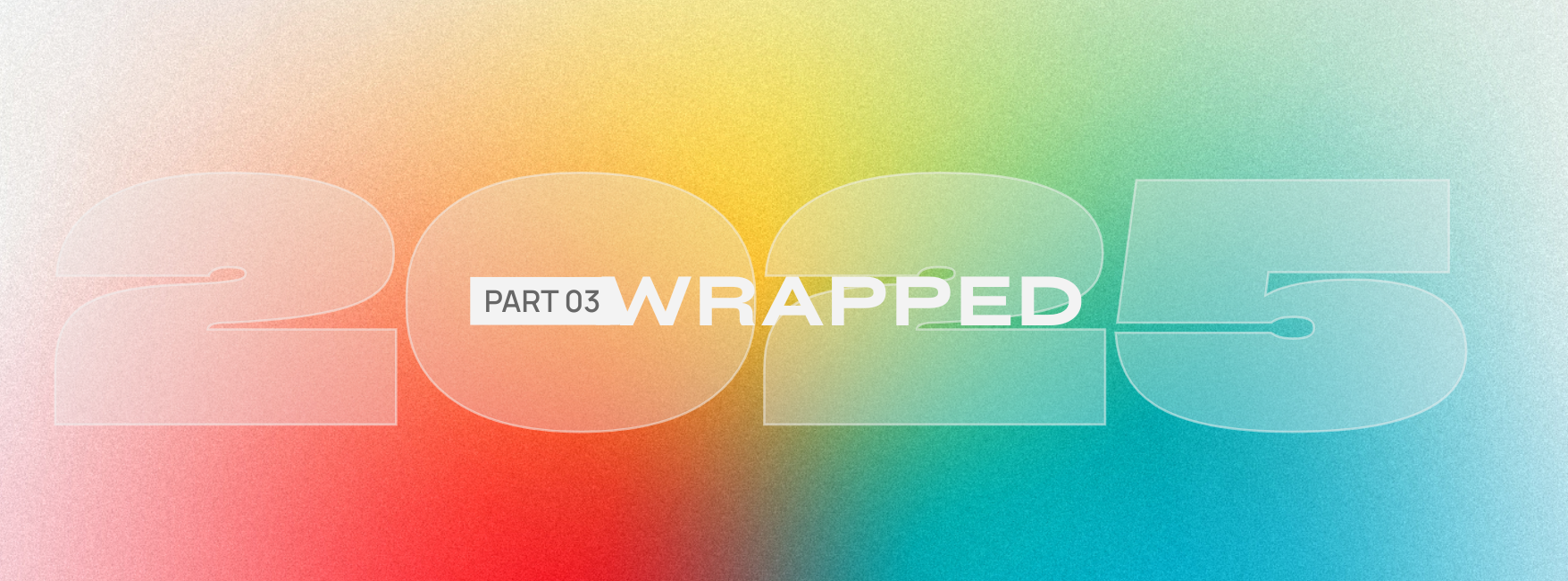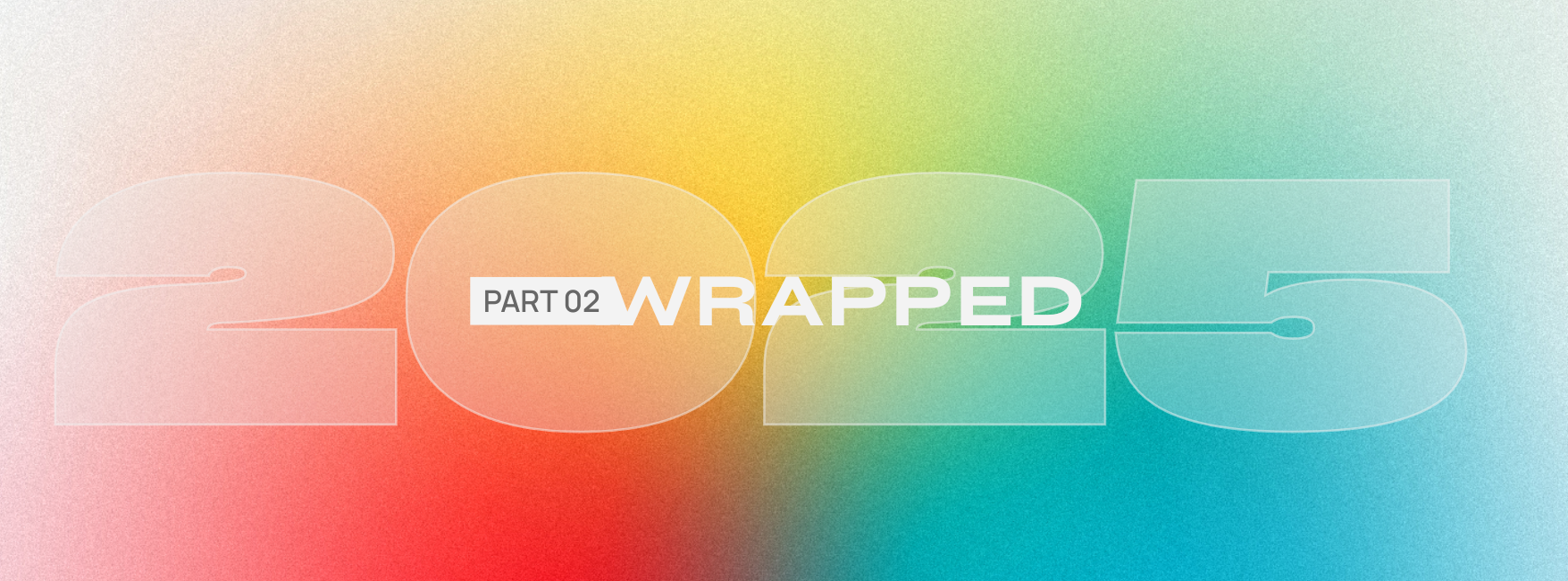Introduction
The fear of technology replacing humans is a tale as old as time. Remember the Luddite movement of the early 19th century, when textile workers protested the rise of power looms fearing job losses? History has shown us that while technological advancements may disrupt industries and necessitate adaptation, they ultimately create new opportunities. With the first printing press, which democratized information, and then the internet, which revolutionized communication, humans showed a remarkable capacity to adapt alongside new technologies.
Accepting AI: Beyond the Fears.
Today's discussion centers around Artificial Intelligence (AI), with anxieties swirling about its impact on the future of work. Images of robots taking over factories and offices dominate popular culture, fueling fears of unemployment and obsolescence. However, this narrative ignores the true potential of AI: to improve our capabilities, not replace them.
Just like the printing press didn't get rid of all the copyists, and calculators didn't eliminate accountants, AI won't make humans disappear from the workplace. While AI technology can automate some processes, human creativity remains crucial. Engineers build AI systems, programmers develop the algorithms that fuel them, and workers maintain and optimize their operations.
In essence, accepting AI means recognizing its potential as a tool to improve human potential. It's about recognizing that AI is a guide, not a danger and that it can drive productivity and innovation forward. Rather than fearing AI, we should embrace it as a partner in the goal of increased workplace productivity and creativity.
A Literary Example: Human-Machine Collaboration
Let's illustrate this Human-Machines collaboration with a literary example. Read this letter by the famous author, Charles Dickens:
My Dear Lady Molesworth
It is not my Daughter Mary's fault that your kind note has been left unanswered, but mine. She is only waiting for Lehmann's dinner on Saturday, to go away hunting. I had a foolish notion that I might be able to offer her and myself to you for one day this week. But I might have known that I cannot dine out and write books; and that one day in a week is the greatest amount of "doubling" I can ever do in that way.
Remember that our time here on Tuesday is half past five sharp. Fechter is not going to do the Sculptor piece, at first, with the Robert Macaire, so the latter will be our attraction. Don't you think we had best postpone the Wednesday's theatrical view until there is something special to see? If yes, please tell Chorley so, and I will keep a sharp look out (as I have already been keeping) on the bills of wild out of the way places. At present they have really nothing in them.
Ever affectionately
CD.
Now, let's see how an AI trained in Dickens' writing style might attempt to generate a similar letter:
My Dearest Lady Molesworth,
I apologize for the delay in responding to your kind note. The blame falls not on my daughter Mary, but on me. While she eagerly awaits a celebratory dinner at Lehmann's this Saturday before embarking on a hunting trip, I foolishly entertained the notion of offering our company to you for a day this week. Alas, the reality of my workload struck - I cannot simultaneously churn out novels and attend social functions. One social outing per week is the best I can manage, a testament to the delicate art of "doubling up."
Remember, our Tuesday meeting stands firm at half past five sharp. Monsieur Fechter, it seems, has opted to shelve his "Sculptor" role for the time being, favoring a presentation of "Robert Macaire" instead. This change elevates the latter play to our evening's main attraction! Don't you agree that postponing Wednesday's theatrical plans until something truly exceptional comes along might be wise? If so, please do inform Mr. Chorley. I, like you, have been diligently scouring the playbills of unconventional venues, but their current offerings remain lackluster.
With warmest regards, and a fervent hope to catch that Wednesday performance after all!
Ever yours,
CD.
And? What do you think?
Of course, the AI-generated letter is not Dickens himself, but it successfully rewrites the same information, capturing some of his vocabulary and sentence structure. However, this letter was written back in 1865, and the style is long gone now; even wehumansdon't communicate with each other in this manner. Yet, AI did its best to convey the same information in today's wording.
With a little human touch and editing, the text can achieve the emotional depth and personal touch evident in the original letter. This demonstrates how humans and machines can collaborate effectively. While AI excels at tasks requiring data analysis, pattern recognition, and repetitive processes, human creativity, and emotional intelligence will remain crucial in diverse fields demanding creativity, critical thinking, complex problem-solving, and social intelligence. That's how they make the perfect couple!
It's not humans vs machines, It's Humans + Machines
The future of work isn't a battle between humans and machines. It's a collaborative effort, where each plays to its strengths. By accepting AI as a strong tool, we could bring in a new era of productivity, innovation, and even higher human achievement. The answer is to invest in lifelong learning and build skills that appreciate, rather than compete with, artificial intelligence. These talents include critical thinking, strategic planning, creativity, effective communication, and teamwork, all of which are uniquely human attributes that will be useful in the coming decades.
Consider the SaaS industry. AI-driven analytics platforms can process vast amounts of data, identifying trends and insights more efficiently. However, human insight is essential for interpreting these findings and making strategic decisions. AI chatbots manage basic customer inquiries, freeing up human operators to address more complicated issues that require awareness and deep understanding. In SaaS, AI improves human capabilities, allowing professionals to focus on higher-level, more fulfilling tasks.
The future of work is a symphony waiting to be performed.
But how do you prepare for this symphony?
As previously stated, the world of work is continuously changing, and having the right skills is important for success. We understand the challenges and opportunities that founders and marketers face in the early stages of growth, so that is why we created the Launch with AI Program which is specifically designed to provide you with the knowledge and skills you need to grow your business.
This program, created by growth experts with a proven track record of working with over 500 startups, will help you:
- Develop a growth mindset and learn the necessary skills and information to adapt to the workplace.
- Discover how AI can be used to automate operations, generate important insights, and improve your marketing strategies
- Efficient product/service launch with AI
Investing in your skills and recognizing the power of human-machine collaboration will prepare you for success in the future of work. So make sure you have the right instruments - both human and machine - to create masterpieces every day!







.svg)